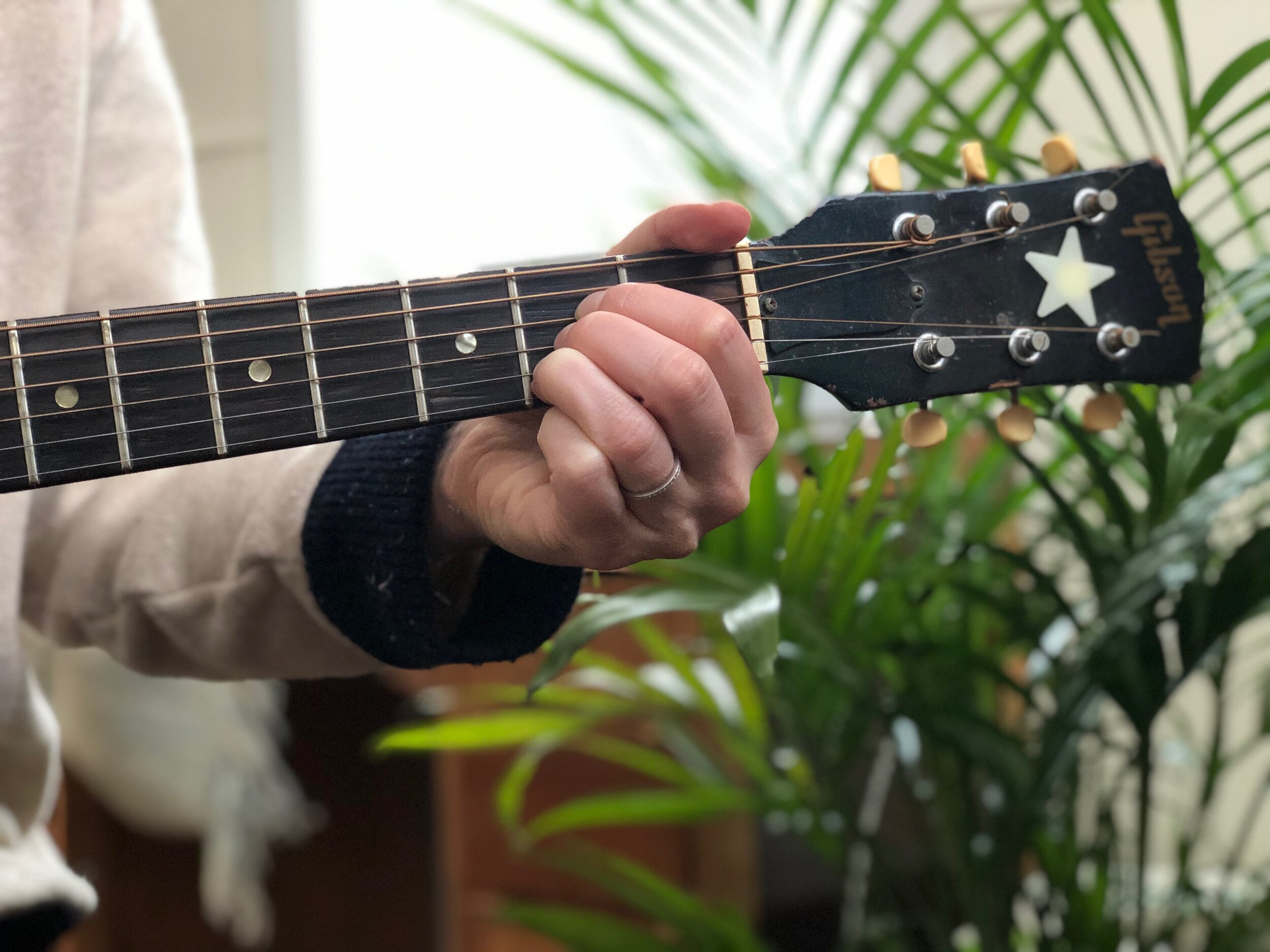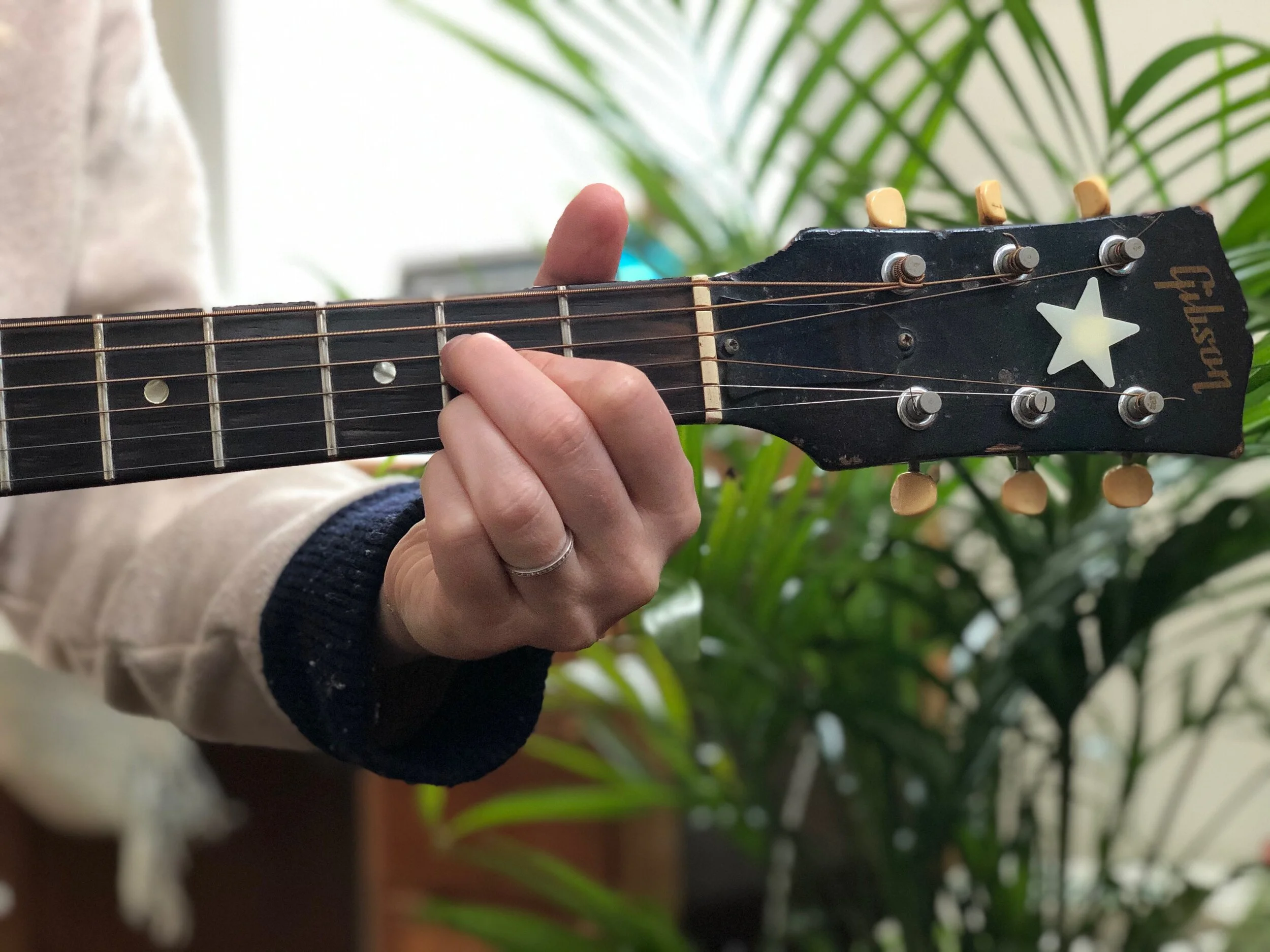Subtle changes make the difference
Custom tailoring can make a nice suit an exceptional one. (Image by Pexels)
When I knit my first hat, I used bamboo needles.
These were affordable and lightweight, and solved my early problem of stitches slipping off of the slick aluminum needles I had inherited from my grandmother.
But as I improved as a knitter, I found the bamboo needles to be a little slow and draggy. That’s when I tried nickel-plated needles, and that’s what I’ve been using ever since. That’s what gives me the “slicing into warm butter” feeling.
Then, to get even faster, I switched to continental-style knitting (where you hold the working yarn in your left hand instead of your right). And then I moved the stitches to the very tips of the needles to improve speed and uniformity still more. I’m sure there will be more adjustments to come.
When we begin to learn a new skill or undertake a project, we might only have room to grasp the broad strokes of what we’re trying to do. If you watch ten different videos or read ten different articles for beginners, you’ll get the same basic advice in each one. This advice can get you far, especially if you are starting from scratch.
Sooner or later, if you stick with the work, you will plateau. In order to break through the to the next level, you will need to adjust your approach in ways that might not seem as though they will have an impact. These refinements, however, will make a huge difference when it comes to your results. These subtle changes make all the difference.
For instance, many guitarists use a fingering for the open A-major chord that is easy to learn and remember but reduces one’s ability to switch smoothly from chord to chord. They would benefit from a fingering that is slightly weirder to learn but greatly facilitates chord-switching.
Instead of this:
They ought to do this:
From there, we can make further tweaks to wrist position, finger placement within the fret, and so on, all to improve sound quality and ease of playing.
In many disciplines, it helps to have an experienced teacher or coach to guide you as you progress, but you can get by with books, YouTube videos, and self-guided courses if you know what to look for. Unfortunately, the nature of learning something new is that we don’t always know what to look for. And we can get frustrated thinking that we’re “doing everything right” and still not getting the results we seek.
That’s where we need to look for the increasingly easy-to-miss adjustments that take someone from average to incredible. Whether you’re bodybuilding, searching for the right subject line for an email campaign, or baking a cake, the little things matter. If the devil is in the detail, so is the potential: Paradoxically, we can create the impact we seek through mastery of the elements of our practice that are all but invisible to the untrained eye.
As you get closer to your goal, the going may get rougher. That’s act three of any adventure novel or film, right? Video games, too — the final boss is tougher to defeat. The riddles get harder and the stakes are higher. Setbacks abound. But by now, you’ve got some skill and experience that allows you to spot and avoid common pitfalls. You can make minor mods to your technique or gear for better performance. And mentally, you have more stamina to deal with challenges and trust in your ability to prevail. Simply expecting and accepting that things may be more difficult makes it a lot easier to be prepared.
We celebrate those who have achieved remarkable feats of athletic or artistic prowess and those who defy the odds to come back from traumatic experiences. It’s hard to imagine how they did it, especially if we have a tendency to throw in the towel before we get too deep into a pursuit. But if we are aware that the difference between extraordinary and ordinary is a series of subtle changes, we can begin to look for those. Improvement may still be difficult, but we will have the confidence that we are moving forward even when it is still too subtle for us to see.








